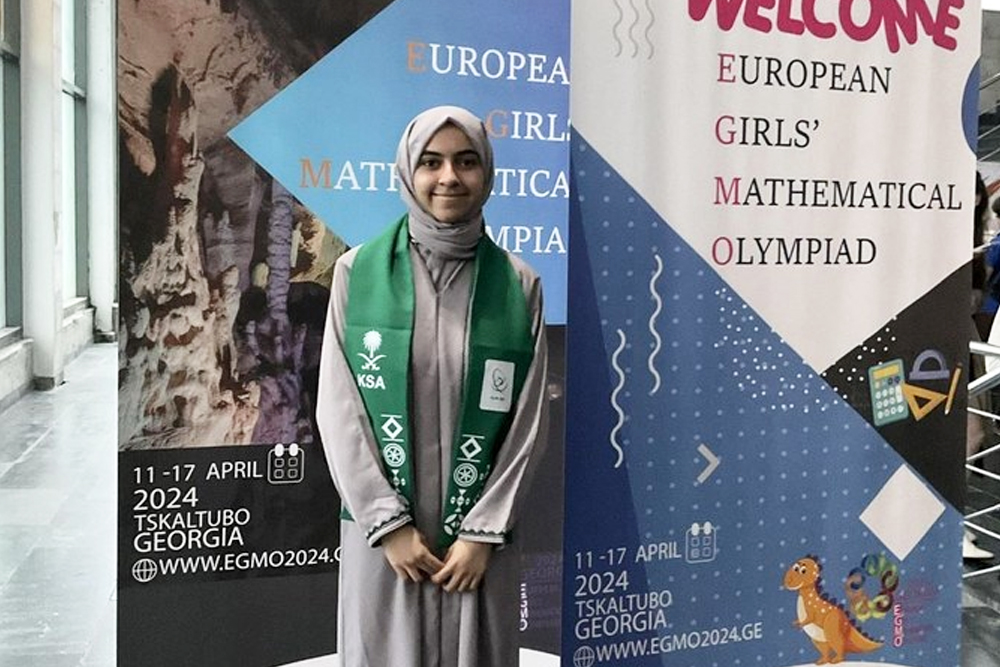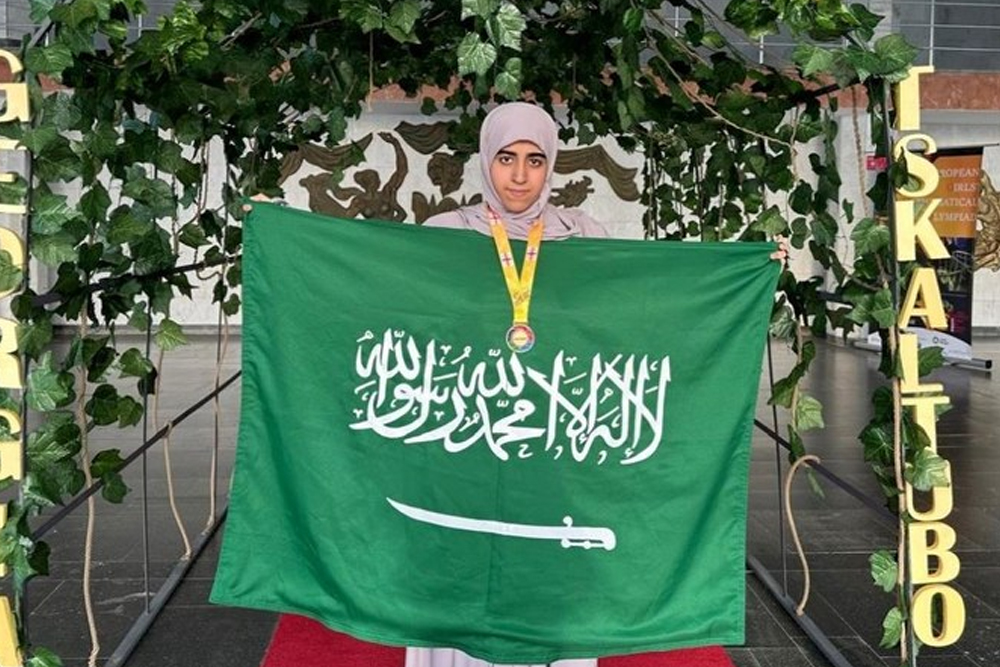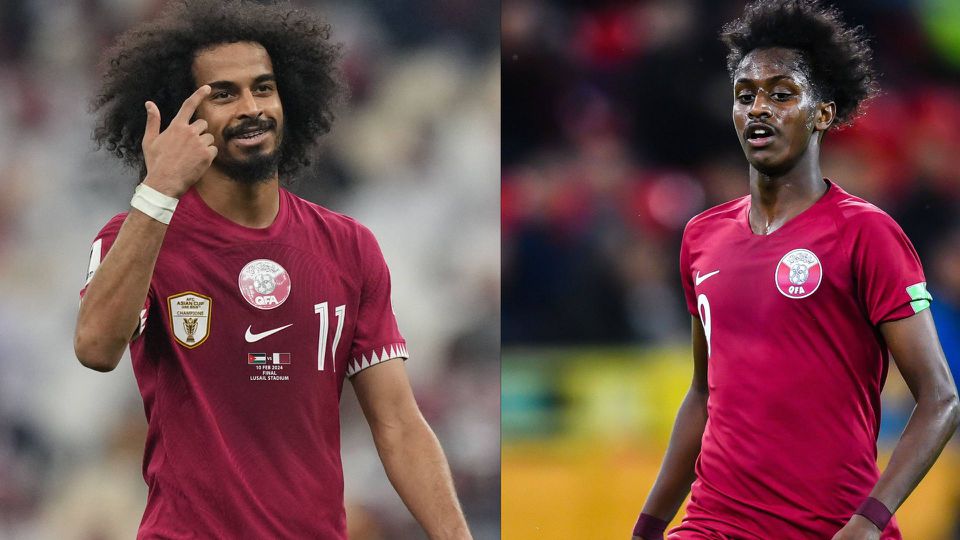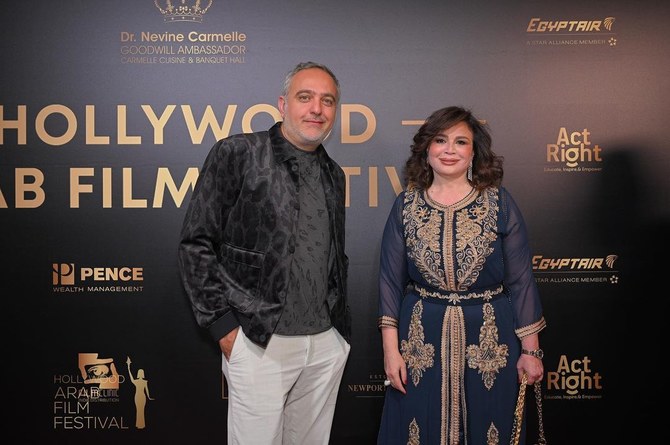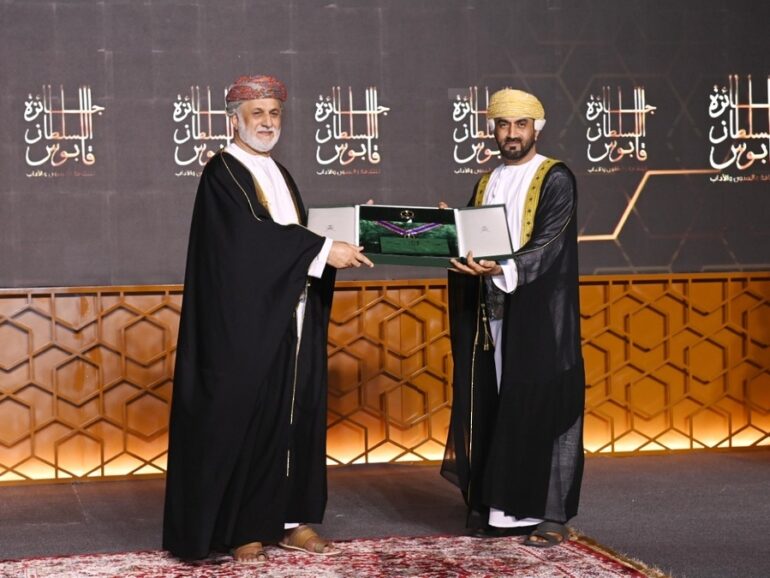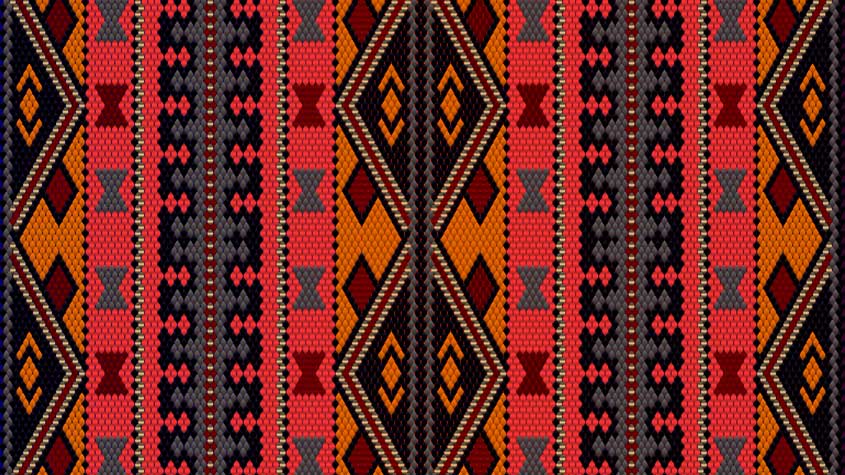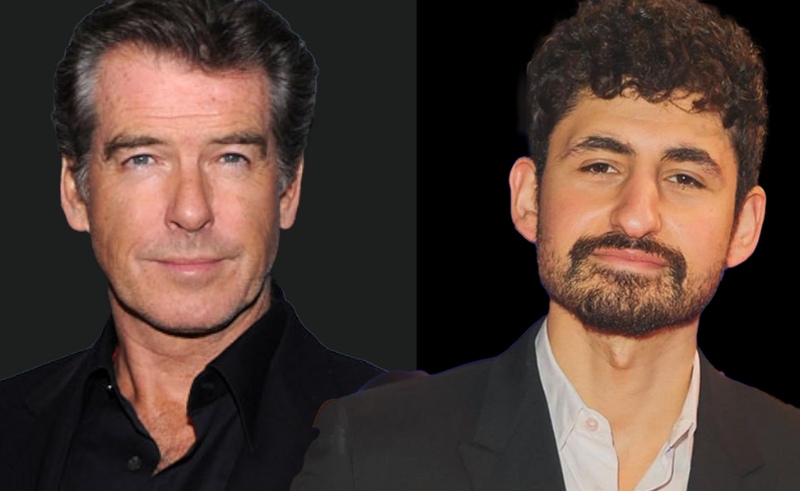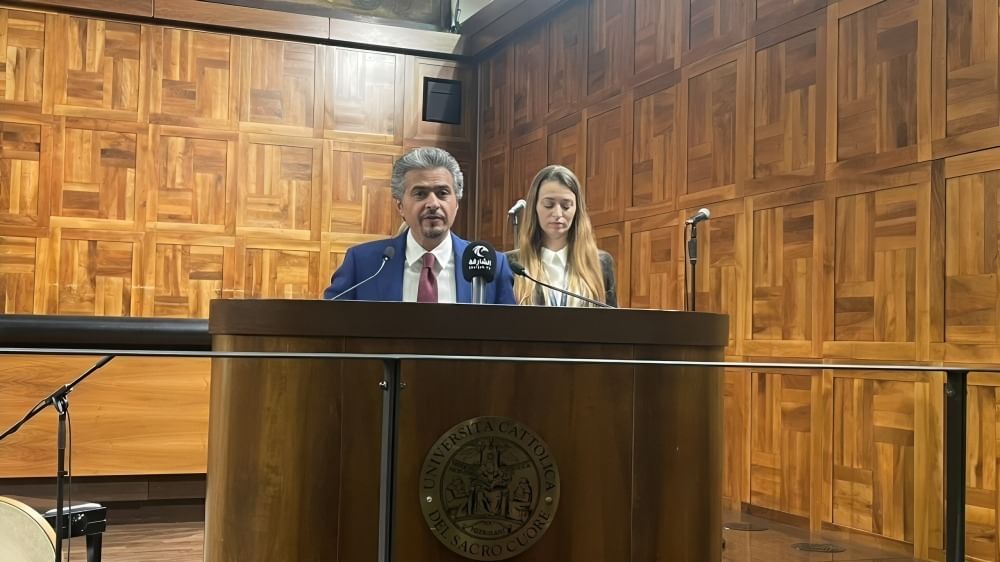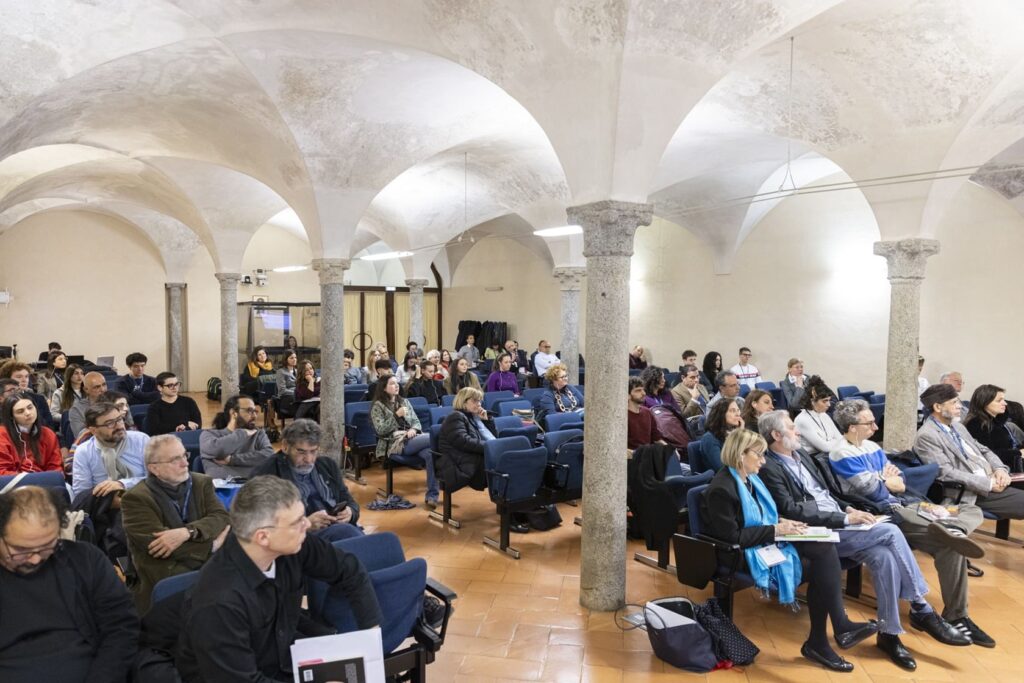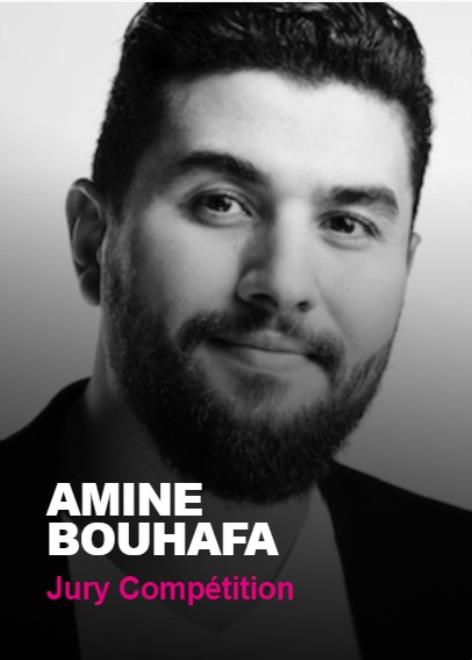Somalia’s first and only all-women media team, Bilan, has been announced today as one of three nominees for the 2023 Index on Censorship Press Freedom Award in the Journalism category.
The nomination comes after almost two years of smashing taboos and blazing a trail for women journalists in one of the most dangerous countries to report the news, where reporters often face shootings, detention and assault. Somali women journalists also face harassment on the streets, abuse at work and exclusion from jobs and career opportunities, but since 2021, Bilan has faced these challenges head on to bring a new voice and new subjects to Somalia’s media.
“Despite the risks, we believe passionately that women deserve a place at the top of journalism,” said Bilan’s Chief Editor, Fathi Mohamed Ahmed. “We know our work is dangerous, but if we don’t speak out about the issues affecting us, who will and how will things ever change?”
Established with support from the United Nations Development Programme (UNDP), Bilan has provided the first opportunity for Somali women journalists to exercise complete editorial independence, deciding what they want to report and how. They have already used this freedom to break some of Somalia’s first major stories on a range of previously ignored issues, including the terrifying discrimination against albino communities, the life of HIV-positive Somalis living on the streets, the abuse of female orphans, schools for autistic children and teachers and an epidemic of opiate use among women in Mogadishu.
“Bilan’s arrival on the Somali media scene is completely unprecedented,” said UNDP Administrator Achim Steiner. “As well as directly raising important issues for public debate, the quality of their work makes its own case for women playing a key role in media and journalism. This nomination is a recognition of their journalistic talent, commitment and determination.”
Inside Somalia, Bilan’s reports have reached millions via the radio, TV and social media channels of Dalsan Media Group, which hosts Bilan at offices in Mogadishu. Bilan’s reports also appear regularly in international media, including the Guardian, BBC, El País and Toronto Star, raising the profile of Somali women journalists and proving they can compete at the highest levels, even while dealing with challenges that range from discrimination and threats of violence to interviewing high-profile figures with new-born children in tow.
Despite Bilan’s meteoric rise, all of its journalists have faced a difficult road to their current success and their individual stories show how tough it can be for Somali women to make in in journalism. Chief editor Fathi has reported from the scene of terrorist bombings and faced abuse in the streets for going to work while pregnant. Reporter Kiin regularly covers stories about refugees and IDPs but herself grew up in a refugee camp in Kenya. Youngest team member, Shukri faced down intense social disapproval when leaving her home in Baidoa for the first time to work at Bilan in Mogadishu.
“Bilan shows just how baseless traditional stereotypes can be and provides women with a powerful voice for free expression,” said Bilan’s Deputy Chief Editor, Hinda Abdi Mohamoud. “We’ve demonstrated through our work how a group of women journalists can manage a media unit and produce stories that reveal the truth and change lives.”
Index on Censorship’s Freedom of Expression Awards celebrate those who have had significant impact fighting censorship anywhere in the world across four categories: Arts, Campaigning, Journalism and the Trustee award. Winners are honoured at a gala celebration in London and receive financial support.
For more information and to arrange interviews, contact:
Rob Few, UNDP Somalia, Head of Communication robert.few@undp.org (mobile/Whatsapp +44 7947 710 860)
Ilyas Abukar, UNDP Somalia, Communication Analyst, ilyas.abukar@undp.org (mobile/Whatsapp + 252 619 2888 67)
source/content: undp.org/press (headline edited)
_________
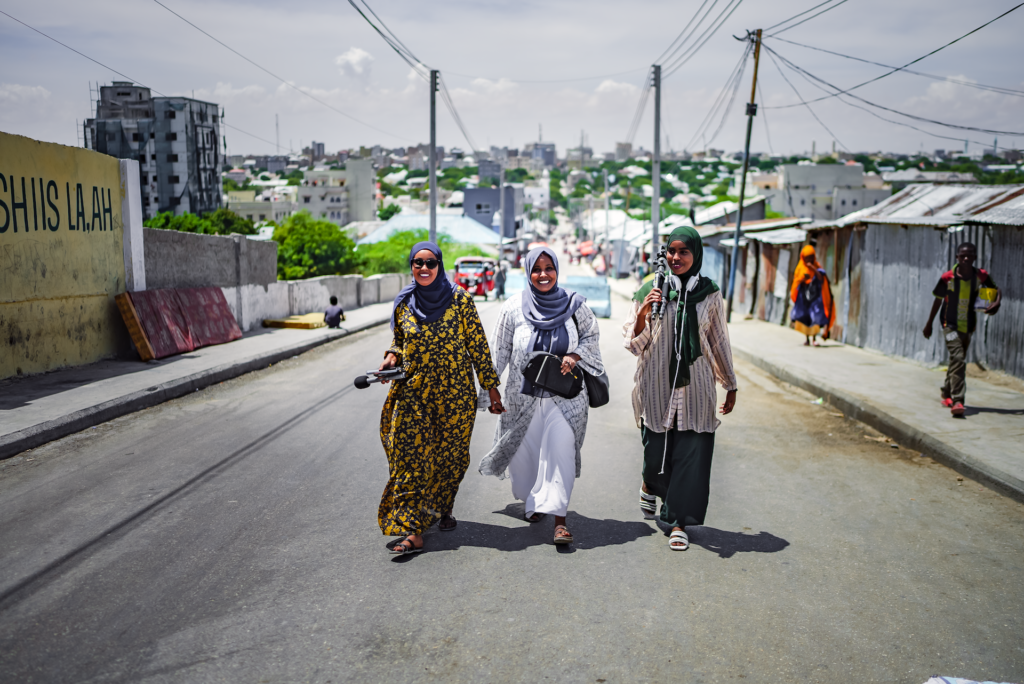
Reporters from Bilan, Somalia’s groundbreaking all-women media team, walk on the streets while reporting in the capital, Mogadishu / Credit: @UNDP Somalia/2023/Fadhaye
____________
SOMALIA
